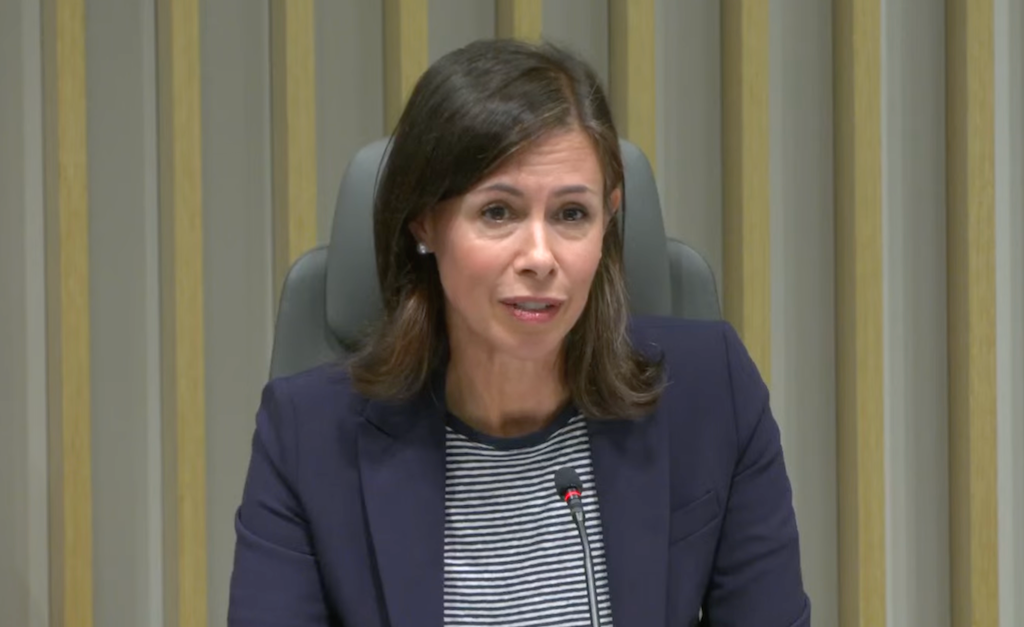FCC Seeking Comment on Disclosure Mandates for AI-Generated Robocalls
The agency in February made such calls illegal without prior consent.
Jake Neenan

WASHINGTON, August 7, 2024 – The Federal Communications Commission moved Wednesday to seek comment on requiring disclosures for AI-generated robocalls and robotexts.
The agency’s proposal involved requiring callers using AI-generated voices to make that information clear when obtaining consumer consent to receive calls. Callers would also have to disclose the use of AI-generated content at the beginning of each automated call and text.
The commission’s two Republicans have objected to FCC Chairwoman Jessica Rosenworcel’s efforts to require disclosure of AI-generated political ads on radio and TV, but Wednesday’s item was adopted unanimously. Senior Republican Brendan Carr said “a lot of the concerns I have with AI regulation are sort of separate from this item.”
Officials said the item was adopted with minimal changes to the public draft posted last month, most notably redefining questions about methods for real-time detection and blocking of AI calls as an inquiry rather than a proposal, giving the agency and interested parties more time to deliberate before a policy is enacted.
The comment process will likely begin within a few months.
The FCC made AI robocalls without prior consent unlawful in February, and proposed fines in May against the political consultant behind a robocall scheme that used AI to impersonate President Joe Biden and discourage Democratic voters from participating in the New Hampshire primary.
Robocall mitigation database
The FCC also moved to seek input on a proposal to beef up its robocall mitigation database, a list of voice providers compliant with the agency’s caller authentication scheme.
Providers were already required to update information in that database within 10 days of a change, but the FCC’s general system for registering industry contacts does not have the same standard, which sometimes results in inaccurate information being imported into the robocall database.
The agency proposed bringing the 10-day standard to its main reporting system, as well as setting up base fines for lying in database submissions. The FCC would allow other companies to block traffic from providers who don’t fix deficient robocall mitigation plans within two days.
Current rules mandate that blocking if a provider was removed from the database, but that process can take more than a month.
Rosenworcel also said the agency signed last week a memorandum of understanding with the Treasury Department that allows the FCC to access more bank records as part of robocall investigations.









Member discussion